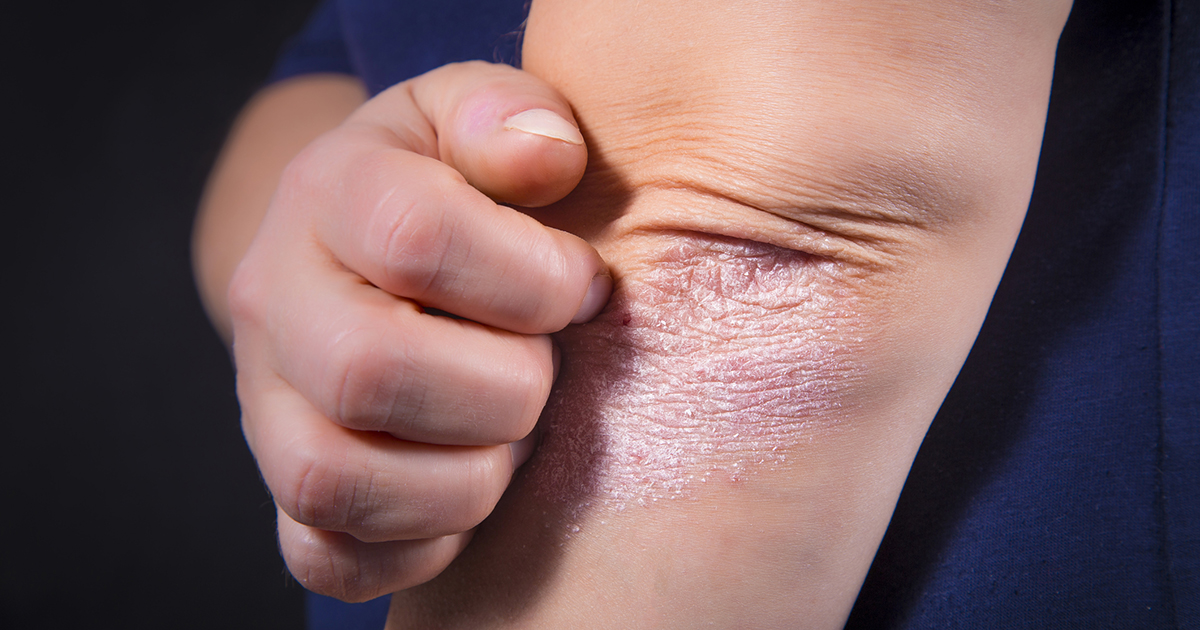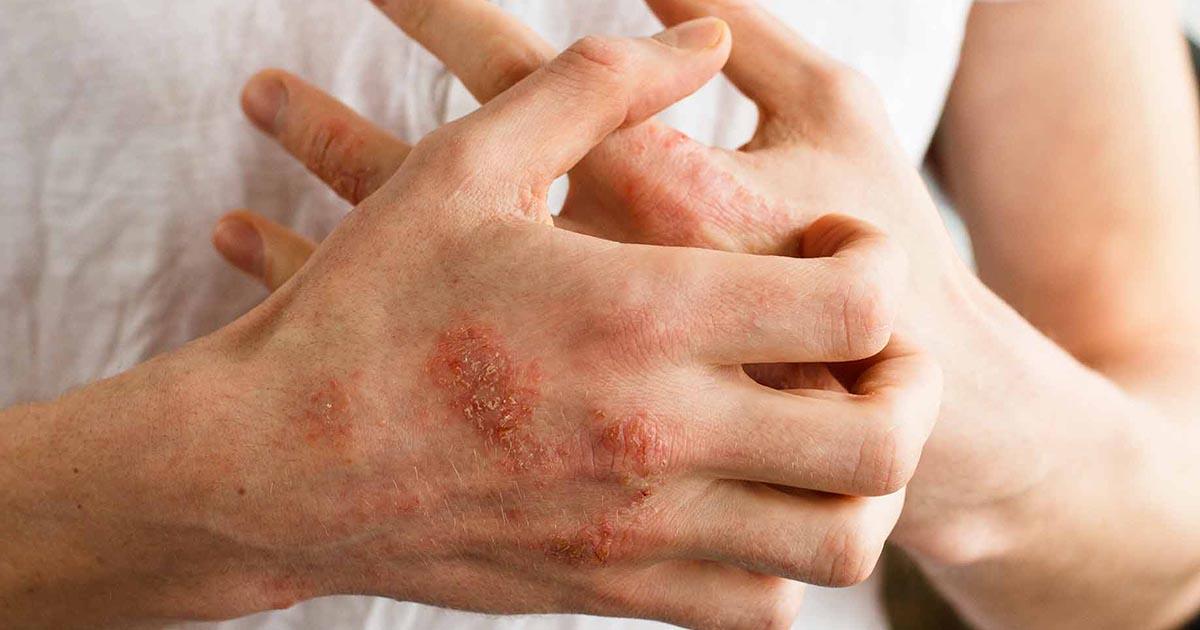Serious Disorders That Could Be More Than Acne
Psoriasis

In some cases, acne can occur in addition to psoriasis, which is a skin condition that develops when an accumulation of dead skin cells pile up on each other to form a collection of dry, itchy scales. When acne pimples start showing signs of piling up on top of each other and becoming scaly, it might be a sign of psoriasis. These scales may appear red or white and do not usually get infected as acne does. The rash may also spread to the nails or joints, unlike acne. If acne and psoriasis coincide, it is crucial for affected individuals to obtain treatment for both, ideally through recommendations from their primary doctor or a dermatologist, or they run the risk of not being successful eliminating both and could aggravate one.
Reveal another severe skin condition associated with acne now.
Eczema

Eczema is a chronic skin condition characterized by itchy, dry, cracked skin. Both eczema and acne commonly affect the face, but acne usually affects the central or middle part of the face while eczema occurs as a butterfly-shaped rash over the bridge of the nose and cheeks. Whereas acne is bumpy and does not usually itch, eczema will present itself in the form of raised, itchy bumps that may occur as patches on the outer parts of the arms and legs. It can also appear on the hands and ankles. Once again, treatment for both conditions is important for the best chances of success. The best recommendations include choosing hypoallergenic products and those without fragrances as much as possible, and the appropriate moisturizer and cleanser for one's skin type as well.
Continue reading to learn the connection between this next condition and acne.
